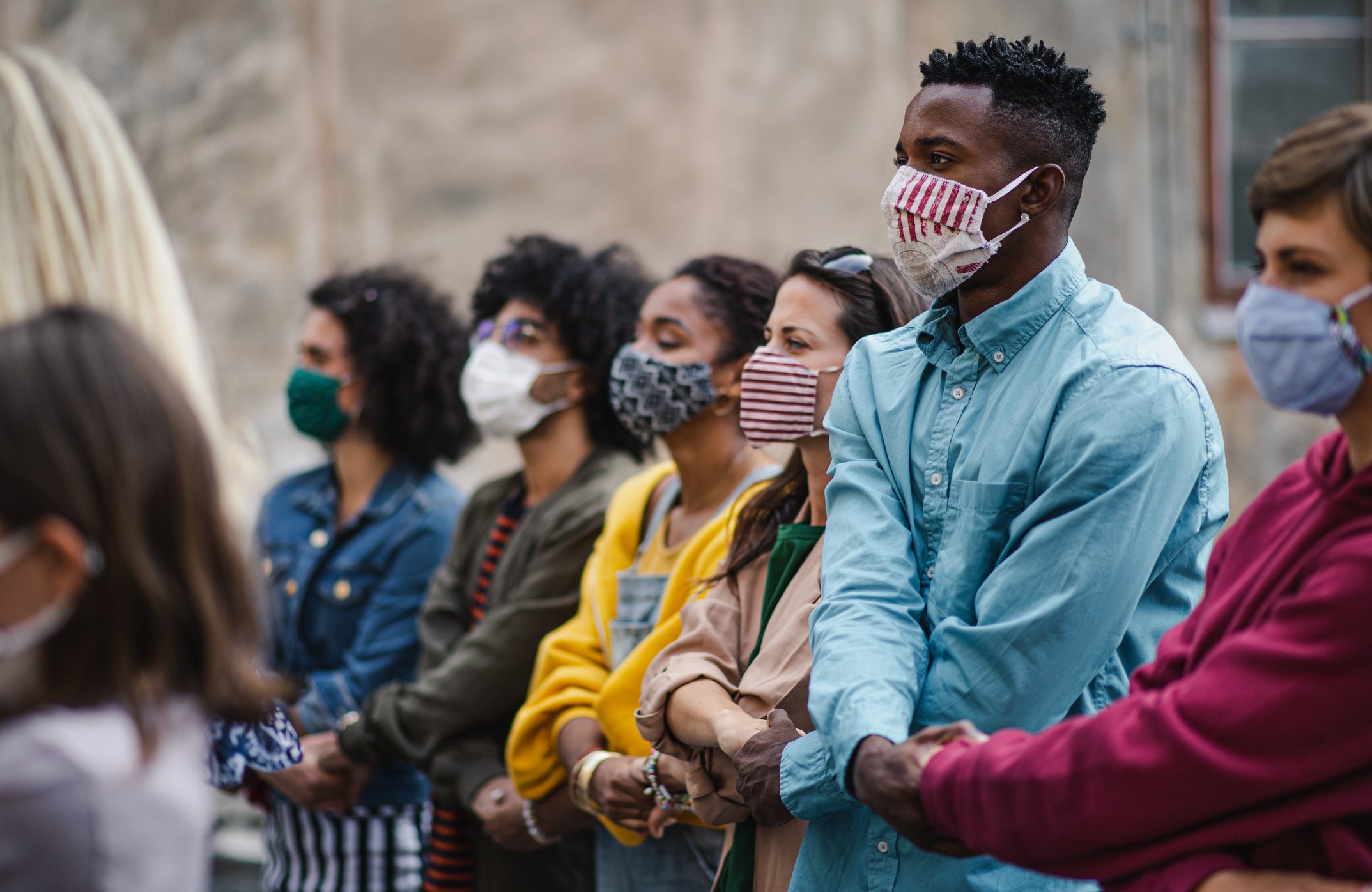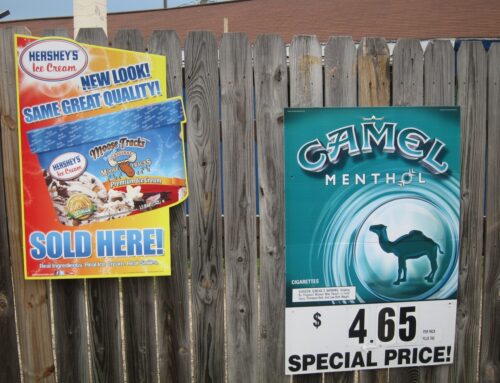2020 was a challenging year and inspired us to rethink our understanding of inequities, strive to learn more, and be better. In this post we look back at a year focused on health equity and celebrate new partnerships.
2020 was an opportunity for many of us to examine our commitment to racial and health equity and find our voice. We reflected on the murders of George Floyd, Breonna Taylor, and Ahmaud Arbery that were a devastating reminder that overt and institutional racism persist in our country every single day. The ongoing COVID-19 pandemic, with cases and deaths disproportionately impacting Black Americans, was another reminder and call to action. At Counter Tools, we agreed on tangible ways we can help make change alongside our partners and clients and hold ourselves accountable.
In the face of these challenges, we felt renewed purpose in working toward our vision of a nation where healthy living is equitable across communities. Some of our most popular blog posts this year focused on health inequities. We shared mental health risks & resources for BIPOC, looked at social vulnerability and health equity in COVID-19 vaccine allocation, and examined secondhand smoke exposure as a social justice issue.
We also hosted a webinar sharing a health equity focused case study on tobacco ad messaging strategies at the point-of-sale and developed helpful infographic maps that compared FDA violation rates year over year.
In partnership with CADCA’s Geographic Health Equity Alliance, we launched the inaugural Geographic Surveillance Learning Collaborative for Comprehensive Cancer Control and National Tobacco Control Programs. Through this collaborative, seven states were able to learn how their peers use geographic surveillance to identify health disparities and improve program planning and communications efforts.
Counter Tools began new partnerships with the Oregon Health Authority (OHA) and California’s Department of Justice. In Oregon, we’re providing training and technical assistance for tobacco prevention programs. With California, we’re working to integrate tobacco licensing and enforcement data from multiple agencies which will enable state and local agencies to be more efficient in their ongoing efforts to ensure tobacco control in the retail environment.
Despite the uncertainties we are facing in 2021, we do know that we can tackle this next year’s challenges together through strong partnerships. We have a lot of work to do this year, and it will take all of us to build healthier, more equitable communities.





